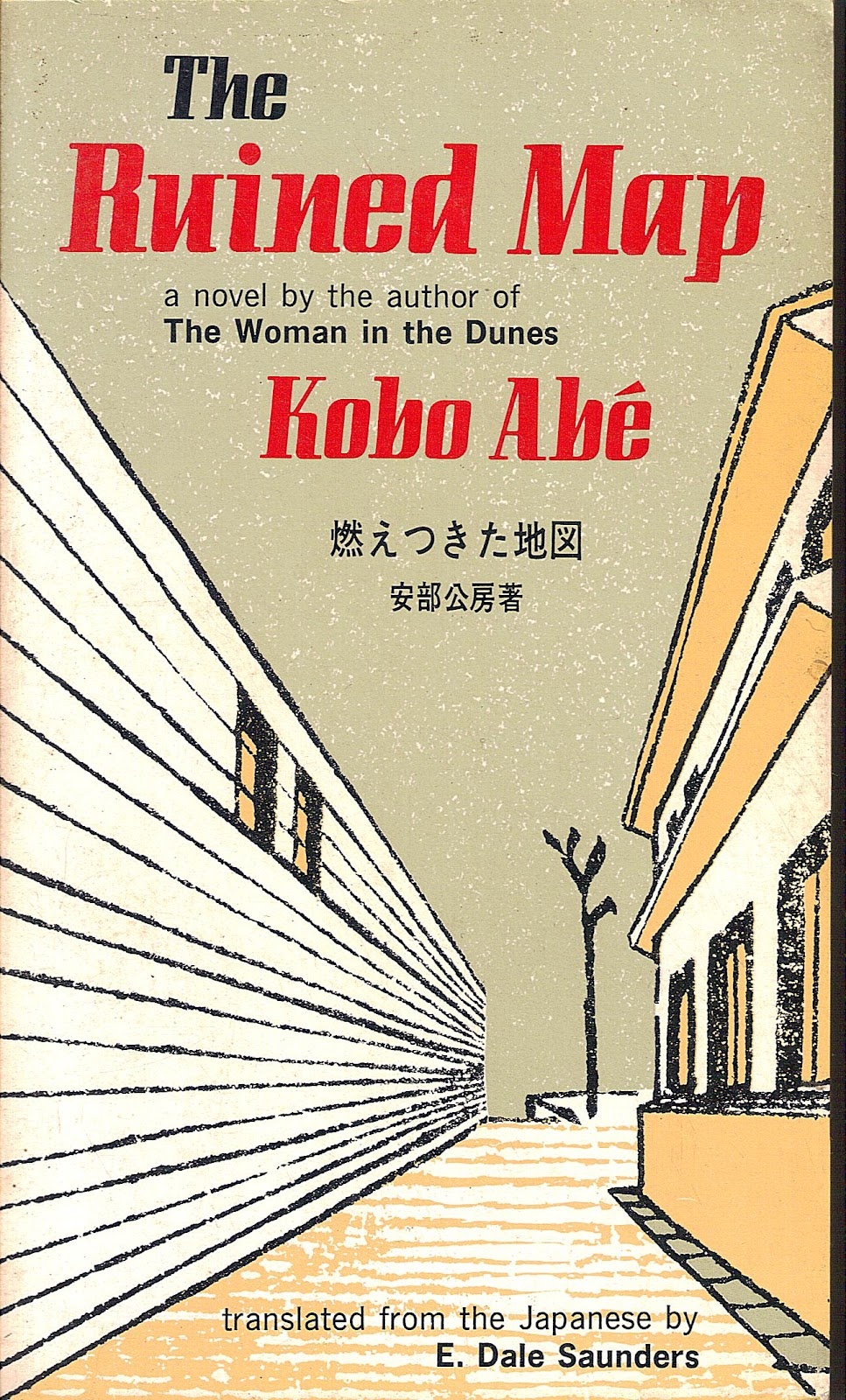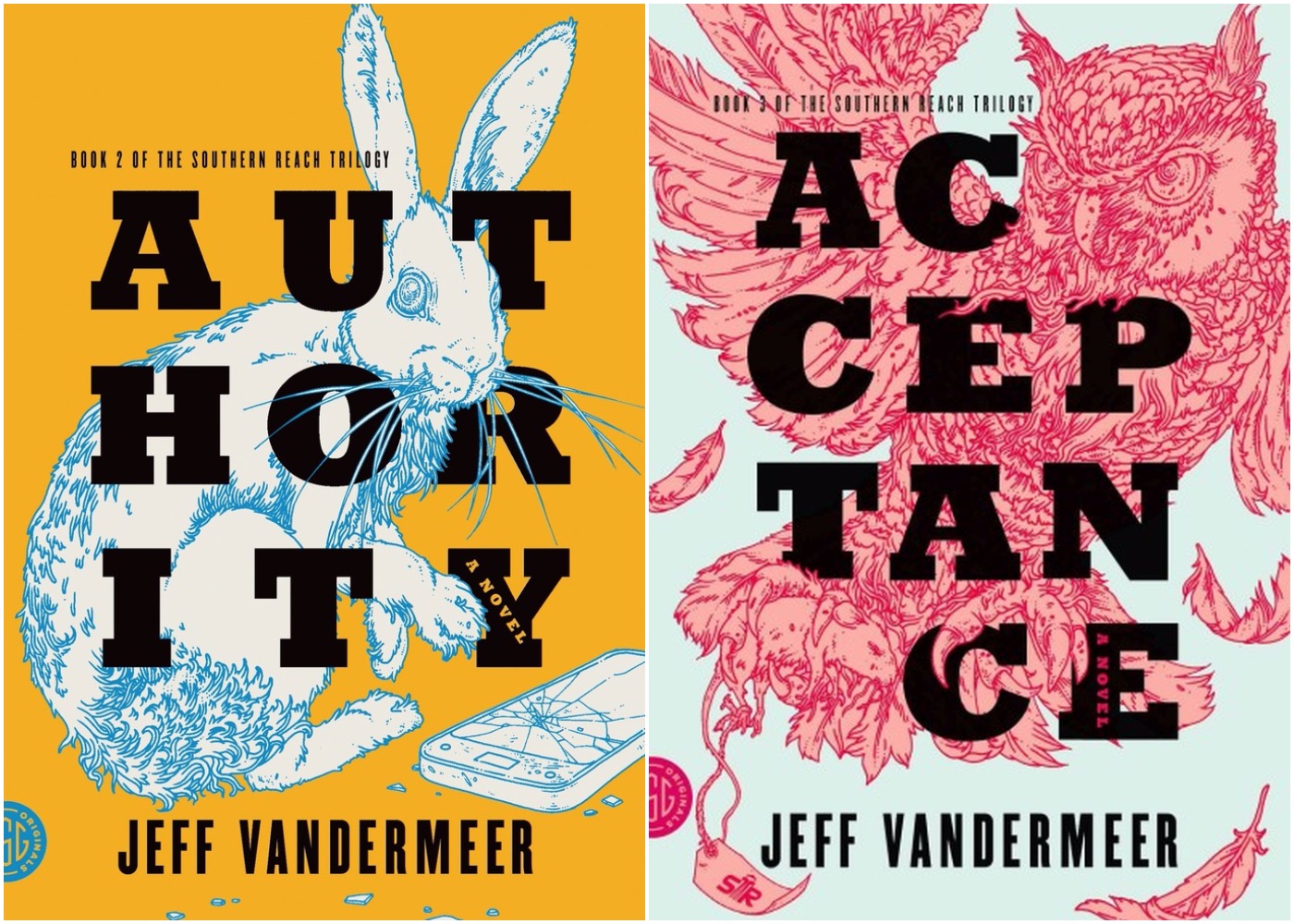It’s happening again. After more than 25 years, David Lynch’s groundbreaking TV show Twin Peaks is coming back on the air. (No word yet on if that gum you like is going to come back in style.) Mark Frost and David Lynch’s show about the quirky characters and demonic forces inhabiting a small American town was unlike anything TV had ever seen when it debuted in 1990. And fans have been waiting for more than two decades to see something like it again. If you’re looking for a good book to get you in that Twin Peaks mood, here are some novels that capture aspects of the Twin Peaks feel.
Spoilers ahead for Twin Peaks seasons one and two:
Videos by VICE

We Have Always Lived in the Castle by Shirley Jackson
Laura Palmer is filled with secrets, and so is Merricat Blackwood in Shirley Jackson’s final (and best) novel, We Have Always Lived in the Castle. Like Twin Peaks, this novel is a dark yet comic masterpiece about ugliness and death in small-town America. While the magic in We Have Always Lived in the Castle never becomes explicit, the novel shimmers with a dreamy unreality that would be at home in a David Lynch production.
The Third Policeman by Flann O’Brien
The feds come to Twin Peaks to solve what seems like a simple crime, but soon finds themselves being drawn into an ever more surreal world of dancing dwarves, prophetic giants, and haunting visions. Flann O’Brien’s masterpiece also starts with a standard crime—a botched robbery and murder. But it soon turns into a bizarre Kafkaesque story about crime, eternity, and philosophy.
The Ruined Map by Kobo Abe

If your favorite part of Twin Peaks is the convoluted, noirish subplots surrounding Josie Packard, Catherine Martell, and Benjamin Horne, you might enjoy Kobo Abe‘s existentially weird detective novel The Ruined Map. In that novel, Abe—known as the Japanese Kafka—sends his detective protagonist on a case that gets more and more complicated without ever being solved.
Days Between Stations by Steve Erickson
Steve Erickson’s debut novel, Days Between Stations, is perhaps the closest experience to reading a Lynch film on the page. The plot starts with two teens in Kansas falling in love and moving to California, but soon spirals into a surreal journey with a secret film, an amnesiac man with an eye patch, a jazzy LA club called the Blue Isosceles, and plenty of other Lynchian elements. Erickson’s novel was published in 1985, before Lynch cemented his style with Blue Velvet, Twin Peaks, or Lost Highway. Erickson’s debut novel—and, for that matter, his many subsequent ones—tap into a similar American unreality.

The Complete Stories of Leonora Carrington by Leonora Carrington
Surrealist Leonora Carrington is famous for her gorgeous yet eerie paintings that feel like fairy tales gone wrong. Her short stories (two of which were published on VICE.com) have a similar quality, subverting the style of fables with simultaneously beautiful and violent events.
The Shining by Stephen King
Leland Palmer is, unbeknownst to himself or most of the characters, the monster at the heart of Twin Peaks. Or, at least, the monster controls him. Palmer is a loving father in many ways, but he becomes possessed by the demonic force Bob just as Jack Torrence becomes possessed by the evil hotel in Stephen King‘s horror masterpiece. You’ve probably seen Stanley Kubrick’s masterful film adaptation—itself supremely Lynchian—but King’s book is great on its own and presents a more nuanced portrait of Jack Torrence than Jack Nicholson in the film.

Duplex by Kathryn Davis
Twin Peaks is the story of a seemingly normal town that actually contains demonic killers, mystical lodges, and a backward-talking dwarf. Davis’s Duplex has a similar conceit: a suburban America that transforms into a dreamscape of witches, robots, murder, and monsters.
The Famished Road by Ben Okri
The end of Twin Peaks’ original run becomes focused on the White Lodge and the Black Lodge, spiritual zones where the good and evil forces outside of town dwell. If the intersection of the spirit realm and our world interests you, check out Nigerian author Ben Okri’s Booker-winning novel The Famished Road about a spirit child navigating between the realms of spirits and humans in an African city.

The Southern Reach trilogy by Jeff VanderMeer
There’s a science-fiction element to Twin Peaks‘ supernatural storyline centered on Major Garland Briggs and his secret government projects and deep-space monitoring.
If you like creepy and mysterious science fiction, read Jeff VanderMeer‘s sci-fi horror trilogy, the Southern Reach. Those novels revolve around characters in a shadowy government agency trying to investigate a mysterious ecological zone known as Area X.
Atmospheric Disturbances by Rivka Galchen
When weirdo hippie Jacoby is the face of clinical psychology in your town, you know you live someplace strange. I think Jacoby would enjoy Galchen’s beautiful and strange novel about a psychiatrist named Dr. Leo Liebenstein who becomes convinced that his wife has been replaced with a simulacrum that only he can detect.

Hard-Boiled Wonderland and the End of the World by Haruki Murakami
Like Lynch, Haruki Murakami has a knack for injecting the truly strange into the seemingly everyday. Most of his books could fit a Twin Peaks list, but my favorite is probably Hard-Boiled Wonderland and the End of the World. Just as Twin Peaks mashes up a variety of genres—daytime soaps, horror, fantasy, noir—Murakami’s novel creates a mystery novel out of two parallel stories: One is a weird science-fiction story about data encryption, and the second is a fantasy story set in a realm of unicorn skulls and dreams.
Twin Peaks season three starts on Sunday, so get ready with a slice of huckleberry pie and a damn fine cup of coffee.
Read an excerpt of Lincoln Michel’s Twin Peaks‘y collection here on VICE.com. Follow him on Twitter.




